Here are interesting and important facts about Haryana, covering its history, culture, geography, economy, and more:
Haryana, located in northern India, is one of the country’s most vibrant and historically rich states. Known for its agricultural prosperity, cultural heritage, and contribution to sports and the armed forces, Haryana holds a unique place in the Indian subcontinent. It is often referred to as the “Green Land of India” due to its vast agricultural lands, and its people are known for their resilience, simplicity, and strong sense of community.
This article explores Haryana’s history, geography, economy, culture, and its growing importance in modern India.
Historical Significance
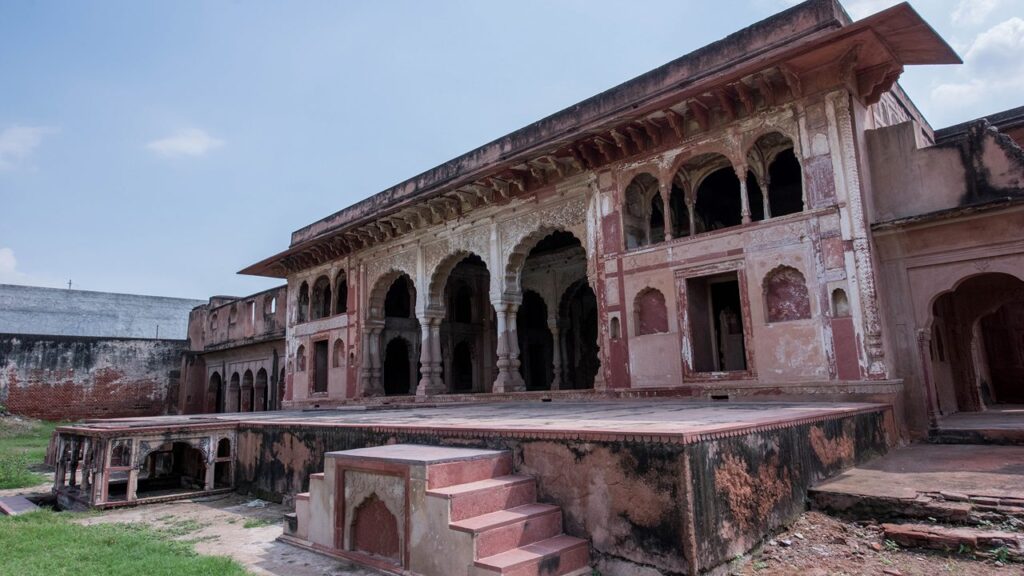
Haryana’s history dates back to the Vedic age and holds a significant place in Indian mythology and ancient literature. The name “Haryana” is derived from the Sanskrit words Hari (meaning God) and Ayana (meaning home), translating to “The Abode of God.”
One of the most prominent events in Indian mythology, the Battle of Kurukshetra, as described in the Mahabharata, took place in Haryana. Kurukshetra, a major city in the state, is thus considered a sacred land where Lord Krishna is believed to have delivered the divine sermon of the Bhagavad Gita.
Over centuries, Haryana saw the rule of various dynasties like the Mauryas, Guptas, Mughals, and later the British. It has played a vital role in India’s freedom struggle and continues to be a land steeped in historical and spiritual relevance.
Geographical Features
Haryana is bordered by Punjab and Himachal Pradesh to the north, Rajasthan to the west and south, and Uttar Pradesh and Uttarakhand to the east. The national capital, Delhi, is surrounded on three sides by Haryana, making the state a crucial part of the National Capital Region (NCR).
The state is largely a flat plain with fertile soil, ideal for agriculture. The Yamuna River forms its eastern boundary, while various canals and irrigation systems have turned it into one of India’s most agriculturally advanced states.
Haryana has 22 districts, and major cities include Chandigarh (the joint capital of Punjab and Haryana), Gurugram, Faridabad, Panipat, Rohtak, and Hisar.
Economic Growth and Industrial Development
Haryana is one of India’s most economically advanced states. Although agriculture remains the backbone of the state’s economy, Haryana has also emerged as a major industrial and IT hub in recent decades.
Agriculture
Haryana was a pioneer of India’s Green Revolution in the 1960s. The introduction of high-yielding varieties of wheat and rice, combined with advanced irrigation systems, transformed the state into one of the largest contributors to the country’s food grain production.
Important crops include:
- Wheat
- Rice
- Sugarcane
- Cotton
- Mustard
The state also has a high milk production rate, thanks to its strong dairy industry, and is known as the “Milk Pail of India.”
Industry and Services
Gurugram (formerly Gurgaon) and Faridabad have become major hubs for manufacturing and IT services. Companies in the automobile, electronics, and textiles sectors thrive here. Gurugram is home to several Fortune 500 companies and is considered one of the fastest-growing cities in India.
The state also benefits from its proximity to Delhi, excellent road and rail connectivity, and investor-friendly policies.
Cultural Heritage

Haryana has a rich cultural heritage rooted in tradition, folk music, dance, and festivals. The people of Haryana, known as Haryanvis, are known for their honesty, valor, and strong sense of identity.
Language
The primary language spoken is Haryanvi, a dialect of Hindi, though Hindi and Punjabi are also widely used. English is commonly used in urban and educational settings.
Folk Traditions
Folk dances like Ghoomar, Phag, and Dhamal are performed during festivals and harvest seasons. Traditional musical instruments like the been, dholak, and ektara are still in use, keeping old traditions alive.
Festivals
Festivals celebrated with zeal in Haryana include:
- Lohri
- Holi
- Diwali
- Teej
- Baisakhi
- Gita Jayanti, especially in Kurukshetra
These festivals are celebrated with vibrant fairs, dances, music, and community gatherings, showcasing the communal harmony and warmth of the people.
Sports and Military Contribution
Haryana is often referred to as the sports capital of India. Despite being a small state in terms of area, Haryana has produced a disproportionately large number of athletes, especially in wrestling, boxing, kabaddi, and athletics.
Prominent sportspersons from Haryana include:
- Sakshi Malik – Olympic wrestler
- Bajrang Punia – Wrestler
- Neeraj Chopra – Olympic gold medalist in javelin throw
- Vinesh Phogat and Babita Phogat – Wrestling champions
- Manu Bhaker – Shooting champion
The state has world-class sports facilities and academies that train young athletes.
In addition to sports, Haryana contributes significantly to India’s armed forces. The state has one of the highest numbers of soldiers serving in the Indian Army, Air Force, and Navy. Many Param Vir Chakra and Ashok Chakra awardees hail from Haryana, underlining the bravery of its people.
Education and Institutions
Haryana has made significant strides in education. It hosts several reputed educational institutions such as:
- Kurukshetra University
- Maharshi Dayanand University (Rohtak)
- National Institute of Technology (Kurukshetra)
- Ashoka University (Sonepat)
- IIT Delhi Extension Campus (Sonepat)
The state government has implemented several programs to improve literacy rates, especially among girls. The Beti Bachao, Beti Padhao campaign launched by Prime Minister Narendra Modi in Haryana has brought national attention to issues related to female empowerment.
Tourism and Places of Interest

Haryana offers a blend of religious, historical, and natural attractions:
Kurukshetra
A sacred city where Lord Krishna is believed to have spoken the Bhagavad Gita. It has numerous temples and spiritual centers and is a major pilgrimage site.
Panipat
Known for the three historic battles of Panipat, this city is a treasure trove for history enthusiasts.
Sultanpur Bird Sanctuary
Located near Gurugram, it’s a haven for bird lovers and nature photographers.
Surajkund
Famous for the Surajkund Mela, an annual international craft fair that showcases traditional art, craft, and cuisine from across India and the world.
Pinjore Gardens
These 17th-century Mughal gardens near Panchkula are beautifully landscaped and a major tourist attraction.
Challenges and Development Goals
While Haryana has made remarkable progress, it still faces several challenges:
- Environmental issues like groundwater depletion and air pollution.
- Skewed gender ratio and the need for further female empowerment.
- Urban-rural divide in terms of infrastructure and educational facilities.
The state government continues to address these challenges through:
- Sustainable agricultural practices
- Promoting girl education and women’s safety
- Smart city initiatives and rural development programs

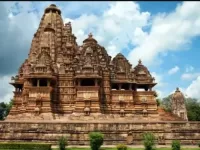





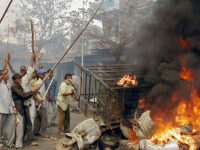


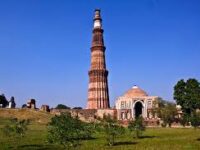












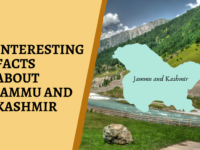





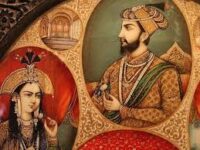
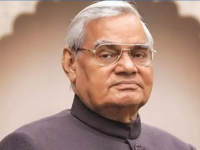







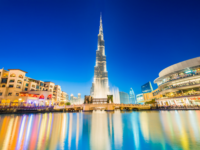

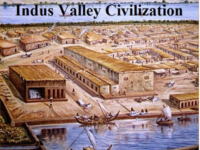











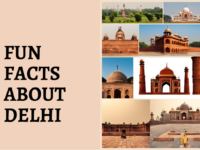


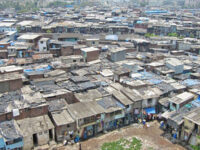

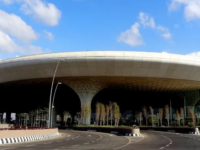












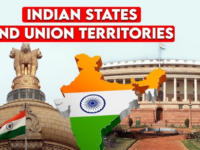


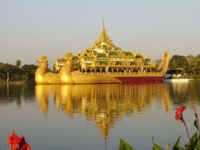




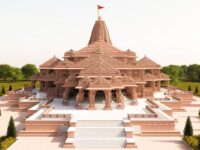








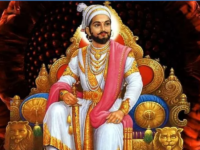














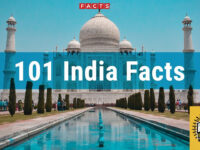
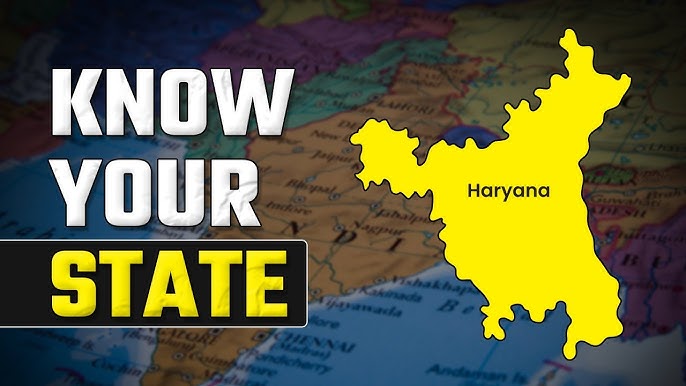
0 Comments